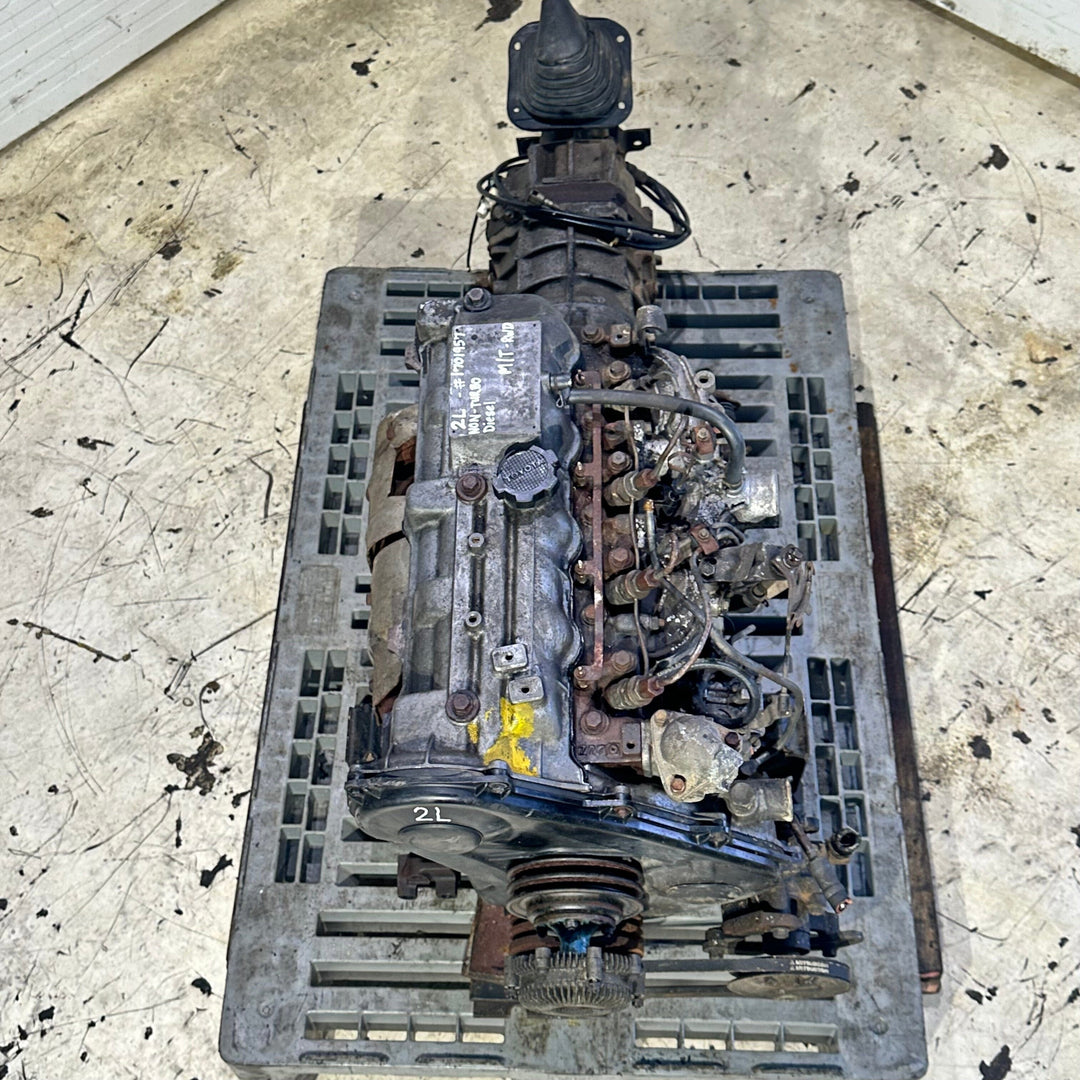Explore Quality and Value: Your Guide to Purchasing a Pre-owned Engine
When thinking about the acquisition of a used engine, comprehending the elaborate equilibrium in between quality and value is critical. A complete evaluation of engine history, condition, and reliability is necessary to make sure an audio investment.
Comprehending Engine Kind
When thinking about the acquisition of a second-hand engine, comprehension of the numerous engine types is crucial for making a notified choice. Engines can typically be categorized right into 2 major types: inner burning engines and electric engines.
On the other hand, electric engines use electrical energy stored in batteries to power the automobile, providing a cleaner choice with fewer relocating parts and lowered maintenance requirements. Within these groups, there are better distinctions, such as four-stroke versus two-stroke inner combustion engines, and different electrical motor arrangements.
Recognizing these distinctions is important, as they impact efficiency, compatibility with existing automobile systems, and long-lasting functional costs. By acquainting oneself with the various sorts of engines offered, potential buyers can much better evaluate their demands and make selections that line up with their vehicle's needs and their individual choices.

Evaluating Engine Condition
A comprehensive analysis of engine problem is paramount for anyone considering the purchase of a second-hand engine. Begin with a visual evaluation; look for indications of oil leakages, rust, or any type of physical damage to the engine block. A clean engine is frequently a sign of excellent upkeep practices, while excessive gunk might recommend disregard.
Following, analyze the engine's elements, consisting of the timing belt, gaskets, and seals. Seek deterioration, as these components can be pricey to replace. Additionally, examine the engine installs, as harmed mounts may bring about vibrations and more mechanical issues.
A compression examination is necessary to determine interior engine health. Uniform compression throughout all cylinders shows a well-maintained engine, whereas considerable inconsistencies may indicate inner damage or wear.
Listening to the engine throughout a startup can give beneficial understandings; any type of uncommon noises, such as rattling or knocking, might suggest deeper issues. Finally, ideally, demand a test run to assess efficiency under lots. By carefully examining these elements, possible buyers can make educated choices and protect a top quality used engine.
Checking Engine Background
Understanding the engine's history is essential for making an educated acquisition. Understanding of previous use, maintenance documents, and any previous problems can considerably influence the engine's reliability and durability. Beginning by requesting the vehicle identification number (VIN) or engine identification number, which allows you to map the engine's background.
Use readily available sources, such as Carfax or AutoCheck, to acquire an automobile background report. This report will give vital insights, including mishap background, solution records, and previous ownership information. Toyota RunX RSI. Pay certain interest to any kind of signs of severe damages or duplicated fixings, which may show underlying issues
Ask about maintenance routines performed on the engine. Normal oil adjustments, timing belt substitutes, and various other safety nets mirror liable possession. Additionally, ask if the engine has undertaken any kind of alterations, as non-standard modifications can impact performance and compatibility with your vehicle.
Finally, when possible, seek verification from a relied on mechanic who can analyze the engine's problem based on its background (Toyota RunX RSI). This thorough investigation will aid you ensure and avoid potential challenges that your investment is audio and beneficial
Warranty and Return Plans
Getting a used engine usually comes with varying guarantee and return plans that can substantially affect your choice. When considering a used engine, it is essential to thoroughly evaluate the guarantee alternatives provided by the vendor.

Additionally, respectable vendors usually provide paperwork that details the guarantee and return procedure, guaranteeing transparency. Constantly request this details prior to settling your purchase. A distinct service warranty and return plan can give comfort and safeguard your investment, making it an important component of the decision-making procedure when buying a second-hand engine.
Finding the most effective Offers
When seeking the finest deals on a used engine, it is important to carry out complete research study and compare costs from different sellers. Start by checking out on-line industries, vehicle online forums, and regional salvage backyards to gather an extensive understanding of the marketplace. Utilizing rate contrast tools can improve this procedure, highlighting competitive prices throughout different systems.

Think about timing your acquisition strategically. Seasonal variations sought after can influence costs, with particular times of the year providing far better offers. Furthermore, be open to negotiating costs; several sellers may be prepared to lower their asking price, especially if the engine has actually been noted for a prolonged duration.
Conclusion
In recap, buying a second-hand engine requires a detailed analysis of quality and worth. Reviewing engine problem via inspections and examinations, validating its history, and recognizing warranty and return policies are critical actions.
When considering the purchase of a second-hand engine, comprehension of the various engine types is important for making a notified decision. Engines can usually be categorized into two main kinds: interior combustion engines and electrical engines. Gasoline engines are typically lighter and rev greater, making them appropriate for performance automobiles, while diesel engines are renowned for their torque and fuel effectiveness, usually preferred in durable applications.
A thorough evaluation of engine problem is paramount for anyone considering the acquisition of a used engine. Begin by asking for the vehicle recognition number (VIN) or engine serial number, which enables you to trace the engine's history.